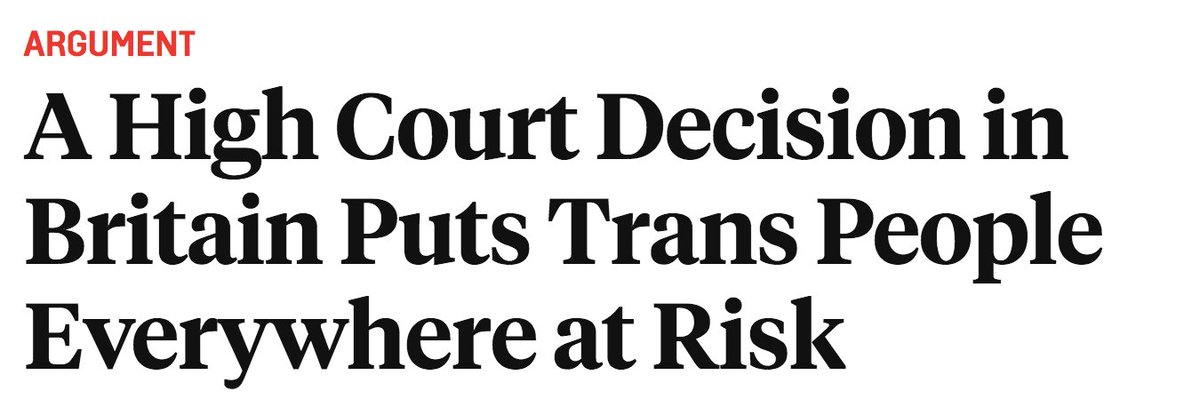32 of the past 36 years, before TRUMP, BUSH/CLINTON was in top 3 Positions in US Federal Government:
Some back story first:
Prescott Bush backs Nixon - Nixon becomes President Nixon appoints George HW Bush as Ambassador to UN, then in 1973 Chairman of RNC, George HW Bush urges
More from BobbyPiton
More from Government
WOW, Mike Gapes and Joan Ryan are non-Labour JLM conference attendees discussing disciplinary processes with Keir Starmer and Angela Rayner but not a privilege afforded to the people who pay the wages of the party machine. #LabourLeaks #StarmerOut #LFI https://t.co/XZDKR5FmXC

So what should Peter Mandelson talk about at the recent Jewish Labour Movement conference – his worries that an independent process will hamper the party leader Keir Starmer?. #LabourLeaks #StarmerOut #LFI

Mandelson “was there in the 1980s and understands where the power bases of the right are, and how it should be exercised”. Who needs independent processes or oversight when you are in the driving seat?. #LabourLeaks #StarmerOut #LFI
Poale Zion trades as Jewish Labour Movement is a part of the Zionist Federation of the UK and organise within the World Zionist Organisation. You do NOT have to be Jewish or a member of the Labour Party to join. JLM contains CIA asset Ruth Smeeth. #LabourLeaks #StarmerOut #BICOM

Ruth Smeeth, one of the 60 plus anti-Corbyn resignations from the shadow cabinet, formerly held a post with the lobby group, Trevor Chinn's Britain Israel Communications and Research Centre (BICOM). #StarmerOut #BICOM #JLM https://t.co/H2a9vnsnRP


So what should Peter Mandelson talk about at the recent Jewish Labour Movement conference – his worries that an independent process will hamper the party leader Keir Starmer?. #LabourLeaks #StarmerOut #LFI

Mandelson “was there in the 1980s and understands where the power bases of the right are, and how it should be exercised”. Who needs independent processes or oversight when you are in the driving seat?. #LabourLeaks #StarmerOut #LFI
Poale Zion trades as Jewish Labour Movement is a part of the Zionist Federation of the UK and organise within the World Zionist Organisation. You do NOT have to be Jewish or a member of the Labour Party to join. JLM contains CIA asset Ruth Smeeth. #LabourLeaks #StarmerOut #BICOM

Ruth Smeeth, one of the 60 plus anti-Corbyn resignations from the shadow cabinet, formerly held a post with the lobby group, Trevor Chinn's Britain Israel Communications and Research Centre (BICOM). #StarmerOut #BICOM #JLM https://t.co/H2a9vnsnRP




















